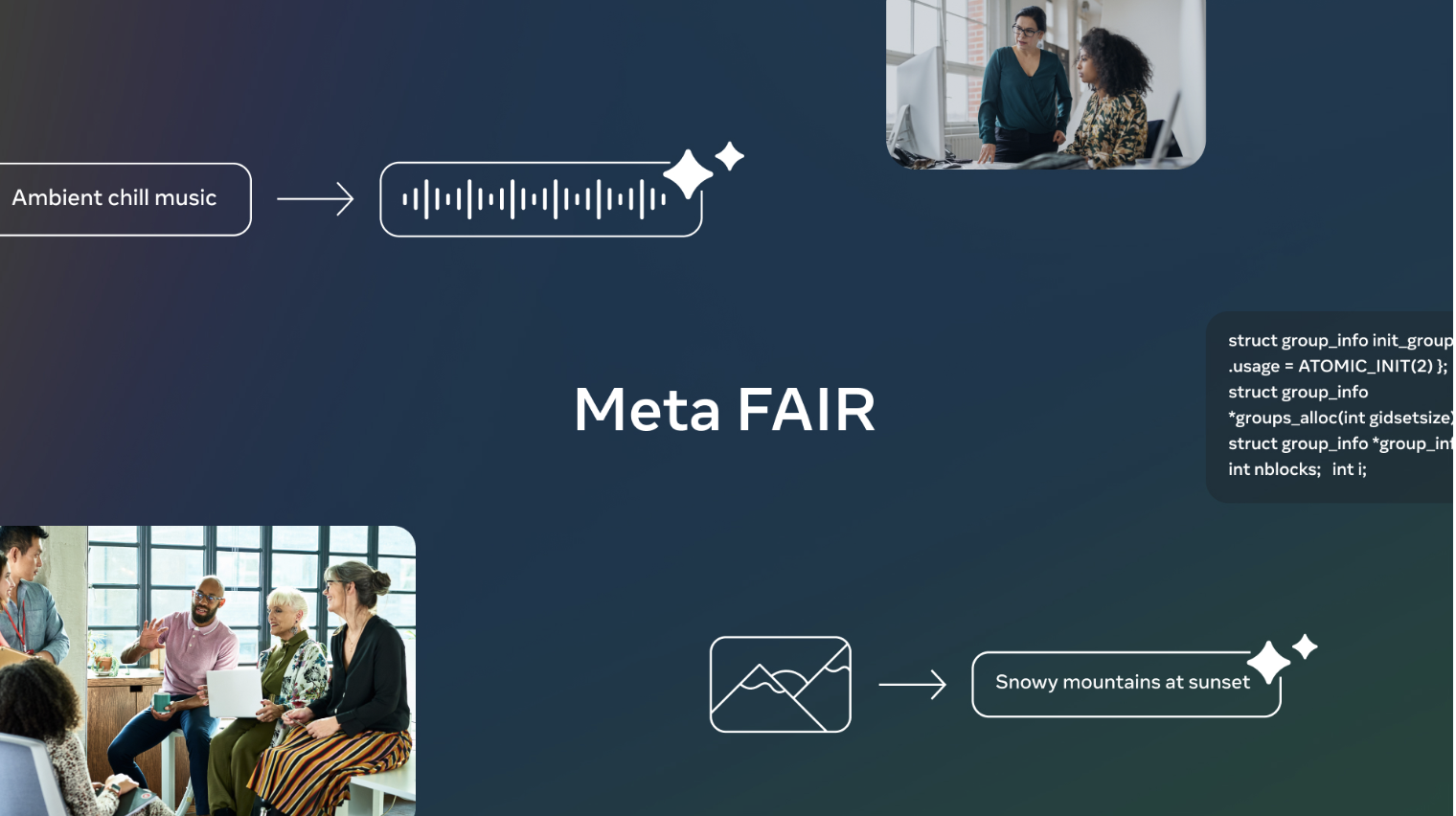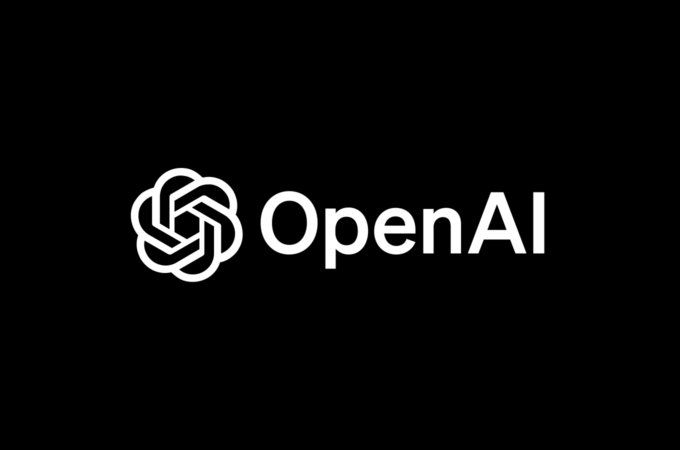
Meta Unveils Advanced AI Models to Foster Innovation and Secure Content Integrity
Meta’s Fundamental AI Research (FAIR) team has recently introduced a suite of cutting-edge artificial intelligence (AI) models designed to enhance innovation across various domains and improve content integrity. These models, spanning from image-to-text generation to audio watermarking, underscore Meta’s commitment to advancing AI responsibly while fostering collaboration with the global AI community.
One of the prominent releases is the Chameleon model, a mixed-modal AI that seamlessly integrates and generates both text and images. Unlike traditional models that handle text and image generation separately, Chameleon can process and output any combination of these modalities simultaneously. This capability opens up numerous possibilities, such as creating detailed captions for images or generating complex scenes from combined text and image inputs. Chameleon aims to provide a more cohesive and integrated approach to multimedia content generation, reflecting a significant advancement in AI’s ability to mimic human-like understanding and production of mixed media.
Another innovative model introduced is JASCO (Joint Audio and Symbolic Conditioning for Temporally Controlled Text-to-Music Generation). This model represents a leap forward in generative AI for music, offering users greater control over the music generation process. Unlike its predecessors, JASCO can incorporate various inputs like chords and beats, allowing for more precise and customized musical outputs. This versatility not only improves the quality of generated music but also enables more nuanced and sophisticated compositions, catering to both amateur musicians and professional creators seeking to explore new creative avenues.
FAIR has also released a new approach to training large language models (LLMs) called multi-token prediction. Traditional LLMs predict one word at a time, which can be inefficient. The multi-token prediction technique allows models to forecast multiple future words simultaneously, significantly enhancing their training efficiency and performance. This method is particularly beneficial for applications such as code completion, where predicting sequences of words or commands can streamline the development process and improve the accuracy of AI-driven suggestions.
Addressing the growing concerns around AI-generated content and its potential misuse, Meta has developed AudioSeal, an advanced audio watermarking tool. AudioSeal embeds imperceptible signals within AI-generated audio, enabling the detection of AI-generated segments within larger audio snippets. This localized detection is up to 485 times faster than previous methods, making it suitable for real-time and large-scale applications. AudioSeal’s ability to pinpoint AI-generated speech accurately helps combat misinformation and scams involving voice cloning, a rising threat in the digital landscape.
To tackle the issue of geographical and cultural biases in text-to-image models, Meta has developed new evaluation tools and methodologies. By releasing geographic disparities evaluation code and annotations, Meta aims to enhance the diversity and representation in AI-generated images. This initiative is crucial for ensuring that AI systems accurately reflect the diverse perspectives and cultural contexts of global populations, thereby fostering inclusivity and reducing bias in AI outputs.
In line with its open research philosophy, Meta is releasing these models and techniques under various licenses, encouraging the global AI research community to build upon and iterate these advancements. For instance, the Chameleon models and multi-token prediction models are available under research-only licenses, while JASCO’s inference code is part of the AudioCraft AI audio model library, released under an MIT license. AudioSeal, aimed at commercial applications, is available under a commercial license.
Meta’s FAIR team continues to push the boundaries of AI research and development. The transition from traditional models to more advanced and integrated systems like Chameleon and JASCO highlights the potential of AI to transform creative industries. Meanwhile, tools like AudioSeal demonstrate the importance of developing robust mechanisms to ensure the ethical use of AI technologies. Meta’s commitment to responsible AI advancement is evident in its efforts to foster innovation, enhance diversity, and secure the integrity of digital content.




